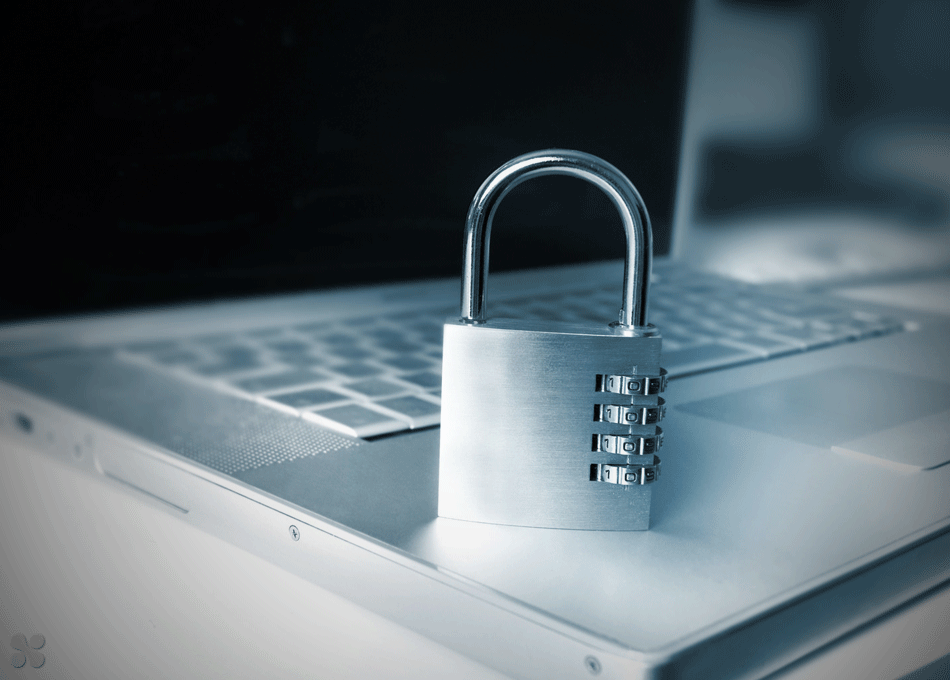1. Safe password
First of all, you need to keep an eye on passwords. We use a lot of accounts and we tend to use simple password, easy to recall, or, at worst, always the same. This way a hacker that can find your password would be able to access to all your services and personal information. Our simple advice which cannot be taken for granted is to create different and complex passwords for each account (a mix of numbers, capitol and lowercase letters, special characters) and avoid sequences of only numbers or letters, as dates or names. If you find difficult to remember all those passwords, you can use a password manager.
2. Attachments
Care must be taken also on email attachments and external files, in particular when the sender and/or the subject seem suspicious. In that case is recommended to not open it and trash it directly. Most of the time is difficult to recognize immediately suspicious senders because they are counterfeited (they could seem simple work documents or file received from friends). Be careful also to all the email communications seem to be coming from banks, postal services or similar, which ask you to confirm your credentials: never do that, because no institution would ask something like that through email.
3. Online payments
When we make online purchases is better to use a prepaid card instead of a traditional one, especially if we don’t consider the website 100% safe. Another advice is to use a double check mechanism (password plus sms code) to authorize the transaction. In addition, is good to monitor our bank accounts using mobile and email notifications, so we can immediately notice if it was made a suspicious transaction. The double check mechanism is also useful to protect the access to several online services (for instance, the access to Google or Facebook accounts).
4. Public connections
Avoid as much as possible to use public or not-protected connections (like the ones in stations or airports), or to access to emails, social profiles and especially make online payments when you are using those kinds of connections. Public connections are not secure and are often used by hackers to steal our personal information. An advice? Always use a VPN to protect your privacy.
5. Settings
It is good to always check the account settings and customize them, but especially control the authorizations we gave to our apps. Applications often request the access to camera, contacts and even microphone. Be careful about these details and avoid to give authorizations that apps don’t really need to function properly.
6. Social media
Social media are tools which expose our life to other people not always safely. We need to be aware of that an keep an eye on which contents we public online. Our advice is to control what kind of information is available through that platforms and change the privacy setting to protect better sensitive data.
7. Data backup
The crucial suggestion is to carry out periodical data backups, to avoid accidental loss of information and be secure against possible cyber attacks and virus. Cloud backup is the safest solution to protect data and maintain their integrity over time, especially at business level.
Do you want to know more about our business security solutions? Reserve a free consulting with our experts!


